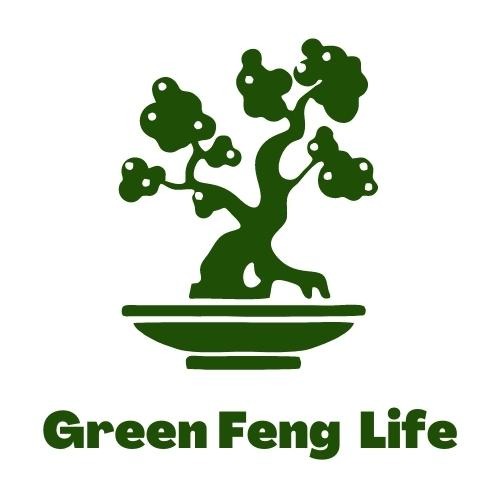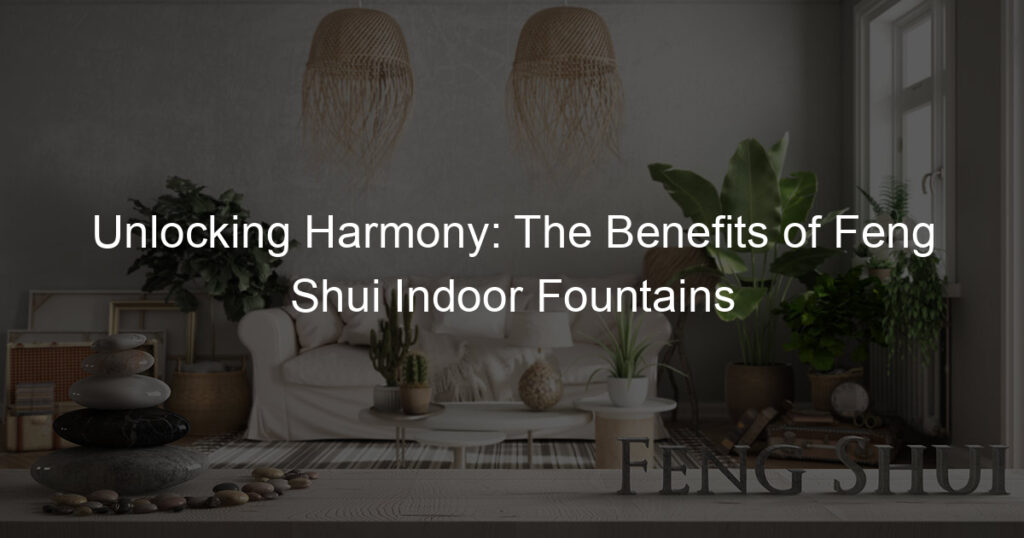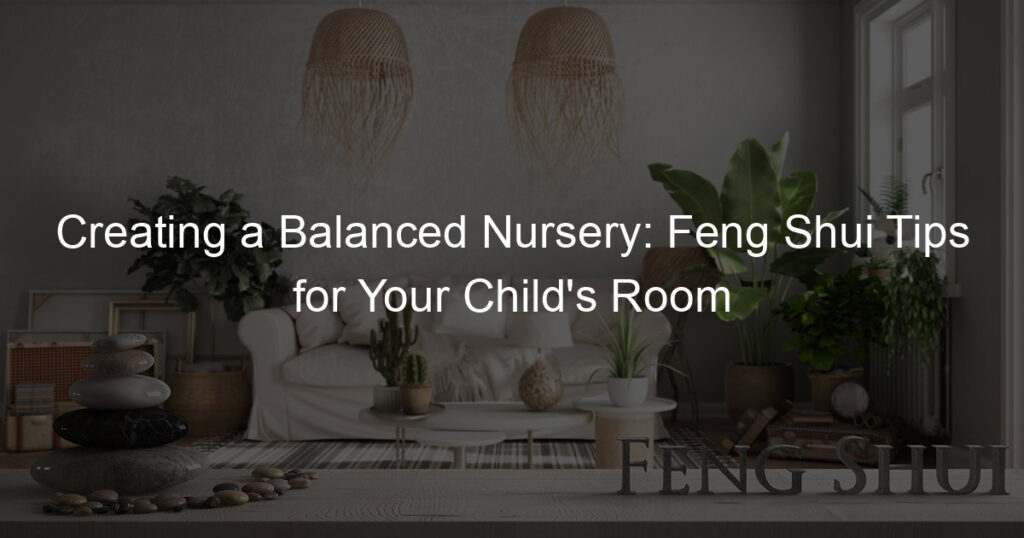
Introduction to Feng Shui Indoor Fountains
Welcome to our comprehensive guide on Feng Shui indoor fountains. In this section, we will introduce you to the basics of Feng Shui, the concept of indoor fountains in Feng Shui, and the significance of the water element in this ancient practice.
- Definition of Feng Shui
- Understanding the concept of Feng Shui indoor fountain
- Importance of water element in Feng Shui
Feng Shui, pronounced as “Fung Shway”, is an ancient Chinese art and science that was developed over 3,000 years ago. It is a complex body of knowledge that reveals how to balance the energies of any given space to assure the health and good fortune for people inhabiting it. The term Feng Shui translates as “wind-water” in English.
In Feng Shui, an indoor fountain is more than just a decorative item. It is a powerful tool that can attract abundance and prosperity. The flowing water symbolizes the constant flow of life’s energy, also known as Chi. When placed correctly, a Feng Shui indoor fountain can bring positive energy into your home or office.
The water element is one of the five elements in Feng Shui, along with wood, fire, earth, and metal. Water is associated with wealth and prosperity in Feng Shui. It is believed that water, especially moving water, has a powerful and positive effect on Chi. Therefore, having a water feature, like an indoor fountain, in your home or office can help attract wealth and prosperity.
In the following sections, we will delve deeper into the benefits of indoor fountains in Feng Shui, where to place them for maximum effect, and the different types available. We will also share some case studies to illustrate how Feng Shui has been used to create harmony and prosperity in homes and offices. Stay tuned!
Benefits of Indoor Fountains in Feng Shui
Indoor fountains are not just beautiful pieces of home decor, but they also play a significant role in Feng Shui. They can transform your living space into a serene and harmonious environment. Let’s delve into the benefits of indoor fountains in Feng Shui.
Creating a Feng Shui Living Space
Creating a Feng Shui living space involves careful consideration of the elements and their placement. One of the key elements in Feng Shui is water, represented by indoor fountains. Let’s explore how these fountains enhance your living space and some examples of Feng Shui-approved home decor.
- Role of Feng Shui Indoor Fountains in Enhancing Living Space
- Examples of Feng Shui-approved Home Decor
- Plants: Green plants symbolize growth and vitality. They can be used to promote positive energy and balance in your home.
- Mirrors: In Feng Shui, mirrors are used to reflect and multiply positive energy. They can also be used to deflect negative energy.
- Wind Chimes: The gentle sound of wind chimes can help to disperse stagnant energy and bring harmony to your home.
Feng Shui indoor fountains are believed to attract wealth and prosperity. The flowing water symbolizes the flow of life’s energy, or “Chi”, and helps to balance this energy in your home. When placed correctly, these fountains can bring a sense of calm and tranquility, making your living space a more relaxing and peaceful place to be.
Aside from indoor fountains, there are other Feng Shui-approved home decor items that can enhance the energy in your living space. These include:
By incorporating these elements into your home decor, you can create a living space that not only looks beautiful but also promotes positive energy and harmony.
Indoor Fountain Benefits
Indoor fountains are not just beautiful decor pieces; they offer a multitude of benefits that can enhance your overall well-being. Let’s delve into the key advantages of having an indoor fountain in your living space.
- Improving Air Quality
- Reducing Stress and Promoting Relaxation
- Attracting Positive Energy
Indoor fountains help improve the air quality in your home. They act as natural humidifiers, adding moisture to a dry room. This can be particularly beneficial in dry climates or during winter months when household air tends to be dry. The flowing water also generates negative ions, which are known to attract dust particles and purify the air. So, by having an indoor fountain, you’re not only adding a visually appealing element to your home but also promoting healthier air.
The soothing sound of flowing water from an indoor fountain can significantly reduce stress and promote relaxation. Studies have shown that the sound of water can lower anxiety levels and promote a sense of calm. Imagine coming home after a long day at work and unwinding to the gentle, rhythmic sound of water. It’s like having your personal oasis of tranquility.
In Feng Shui, flowing water is believed to symbolize wealth and prosperity. Therefore, having an indoor fountain can attract positive energy into your home. The flowing water stimulates the energy in the room and creates a balance, promoting peace and harmony. It’s a simple way to invite good vibes into your living space.
In conclusion, indoor fountains are more than just decorative items. They offer tangible benefits that can enhance your health, mood, and overall quality of life. So, if you’re looking for a simple way to create a more peaceful and healthy living environment, consider adding an indoor fountain to your home decor.
Feng Shui Fountain Placement
When it comes to Feng Shui, the placement of your indoor fountain is just as important as the fountain itself. In this section, we will discuss the importance of correct fountain placement, the best locations for your indoor fountains, and areas you should avoid when placing a fountain.
- Importance of Correct Fountain Placement in Feng Shui
- Best Locations for Indoor Fountains According to Feng Shui
- Areas to Avoid When Placing a Fountain
Correct placement of a fountain in Feng Shui is crucial for attracting positive energy or ‘Chi’ into your home or office. The flowing water of the fountain symbolizes wealth and prosperity and can help to balance the energy in a room. However, if placed incorrectly, it can have the opposite effect, leading to loss and negativity. Therefore, understanding the principles of Feng Shui and applying them to the placement of your fountain is essential for reaping its benefits.
In Feng Shui, the best location for placing a fountain is in the north, east, or southeast sectors of your home or office. The north sector represents career and life path, making it a good place for a fountain if you want to enhance these aspects of your life. The east sector is associated with health and family, while the southeast is linked to wealth and abundance. Placing a fountain in these areas can help to attract positive energy in these aspects.
While fountains can bring positive energy when placed correctly, they can also bring negative energy if placed in the wrong areas. In Feng Shui, it is advised to avoid placing fountains in the south sector of your home or office as this area is associated with fame and reputation and is governed by the fire element. Water can extinguish fire, leading to a disruption in the balance of energies. Similarly, avoid placing a fountain in the bedroom as it can disrupt the calm and peaceful energy needed for restful sleep.
In conclusion, the placement of your Feng Shui fountain plays a significant role in attracting positive energy and balancing the energies in your home or office. By understanding the principles of Feng Shui and applying them to your fountain placement, you can enhance various aspects of your life and create a more harmonious living or working environment.
Types of Feng Shui Indoor Fountains
In the world of Feng Shui, indoor fountains play a significant role in balancing the energy and promoting harmony in your space. Among the various types, one of the most popular is the tabletop fountain. Let’s delve into the benefits and examples of these Feng Shui indoor fountains.
Tabletop Fountains
Tabletop fountains are compact, versatile, and can be placed in various areas of your home or office. They are perfect for those who want to incorporate the calming sound of water but have limited space.
- Benefits of Tabletop Fountains
- Energy Balance: According to Feng Shui, the flowing water in the fountain helps balance the energy in the room, promoting a sense of calm and tranquility.
- Attracts Wealth: In Feng Shui, water is associated with wealth. Therefore, having a tabletop fountain can attract abundance and prosperity.
- Improves Air Quality: The water in the fountain adds moisture to the air, which can help improve air quality, especially in dry climates.
- Examples of Feng Shui Tabletop Fountains
- Buddha Tabletop Fountain: This fountain features a statue of Buddha, which symbolizes peace and enlightenment in Feng Shui.
- Lotus Flower Fountain: The lotus flower is a powerful Feng Shui symbol of purity and spiritual growth.
- Rock Tower Fountain: This fountain is made of stacked rocks, symbolizing stability and strength in Feng Shui.
Tabletop fountains are not just aesthetically pleasing, but they also offer several Feng Shui benefits:
There are many types of tabletop fountains that can enhance the Feng Shui of your space. Here are a few examples:
Wall-Mounted Fountains
Wall-mounted fountains are a popular choice for those seeking to incorporate Feng Shui elements into their indoor spaces. These fountains not only serve as a focal point but also bring a sense of tranquility and harmony to any room. Let’s delve into the advantages of these fountains and explore some Feng Shui examples.
-
Advantages of Wall-Mounted Fountains
Wall-mounted fountains come with a host of benefits. Firstly, they are a great space saver. Unlike floor or tabletop fountains, they don’t take up any floor space, making them ideal for smaller rooms or areas where space is at a premium.
Secondly, they add a touch of elegance and sophistication to any room. Their unique designs and the soothing sound of flowing water can transform a plain wall into a stunning feature.
Thirdly, in terms of Feng Shui, wall-mounted fountains help to balance the energy in a room. Water is a powerful element in Feng Shui, representing wealth and prosperity. Having a wall-mounted fountain in your home or office can help to attract positive energy and bring good fortune.
-
Examples of Feng Shui Wall-Mounted Fountains
There are many different styles of wall-mounted fountains that can enhance the Feng Shui of your space. Here are a few examples:
-
The Slate Wall Fountain: This fountain features a natural slate surface, with water cascading down it. The sound of water against the slate creates a calming ambiance, promoting relaxation and tranquility.
-
The Mirror Wall Fountain: This type of fountain has a mirror as its backdrop, with water flowing down it. The mirror reflects light and images, helping to enhance the room’s visual appeal and create a sense of spaciousness.
-
The Art Wall Fountain: These fountains incorporate artwork into their design, making them a stunning visual feature. The water flowing over the art adds a dynamic element, bringing the artwork to life.
Each of these fountains can be a beautiful addition to your space, enhancing the Feng Shui and creating a more harmonious environment.
-
Floor Fountains
Among the various types of Feng Shui indoor fountains, floor fountains hold a special place. They are not only visually appealing but also carry a multitude of benefits. Let’s delve into the advantages of having a floor fountain at home and explore some examples of Feng Shui floor fountains.
- Benefits of Floor Fountains
- Enhanced Aesthetics: With their elegant design and soothing water flow, floor fountains can significantly enhance the aesthetics of a room.
- Improved Air Quality: Floor fountains act as natural humidifiers, adding moisture to the air and helping to improve indoor air quality.
- Stress Relief: The sound of flowing water from a floor fountain can help reduce stress and promote relaxation.
- Positive Energy: According to Feng Shui principles, flowing water symbolizes wealth and prosperity, bringing positive energy into the home.
- Examples of Feng Shui Floor Fountains
- Stone Basin Floor Fountain: This type of fountain features a large stone basin with water cascading down from smaller stones stacked above. It symbolizes the flow of wealth and prosperity.
- Bamboo Slide Floor Fountain: This design includes a bamboo slide where water trickles down, creating a soothing sound. Bamboo in Feng Shui represents resilience and longevity.
- Multi-Tier Floor Fountain: This fountain has multiple tiers where water cascades down, creating a visually appealing effect. It’s believed to attract positive energy and good fortune.
Floor fountains are more than just decorative pieces. They are a source of tranquility and serenity, bringing a sense of calm to any space. Here are some of the key benefits:
There are numerous designs of Feng Shui floor fountains available, each with its unique charm. Here are a few examples:
Case Studies: Feng Shui for Home
In this section, we will explore three case studies that highlight the transformative power of Feng Shui in enhancing home environments. These examples will illustrate how Feng Shui principles can be applied to improve living spaces, home decor, and achieve harmony through the water element.
-
Case study 1: Enhancing living space with Feng Shui
Consider the case of a family living in a cramped apartment in New York City. They felt their space was cluttered and chaotic. After implementing Feng Shui principles, they managed to create a sense of spaciousness and tranquility. They used mirrors to expand the space visually and placed plants in strategic locations to improve the flow of positive energy. The result was a home that felt more spacious, peaceful, and harmonious.
-
Case study 2: Transforming home decor with Feng Shui indoor fountains
Next, let’s look at a case where a couple wanted to revamp their home decor. They decided to incorporate a Feng Shui indoor fountain in their living room. The fountain not only added a visually appealing element to their decor but also introduced the calming sound of flowing water. This addition transformed their living space into a serene and relaxing environment, demonstrating the power of Feng Shui in home decor.
-
Case study 3: Achieving harmony with Feng Shui water element
Lastly, we have the case of a businesswoman who was experiencing high levels of stress. She decided to apply Feng Shui principles in her home, focusing on the water element to bring about tranquility. She placed a small water feature in the north area of her home, which is associated with career and life path in Feng Shui. The flowing water not only helped to balance the energy in her home but also promoted a sense of calm and reduced her stress levels.
These case studies demonstrate the practical application of Feng Shui principles in various home settings. By understanding and applying these principles, you too can transform your living space into a haven of peace and harmony.
Conclusion: Unlocking Harmony with Feng Shui Indoor Fountains
As we wrap up our exploration of Feng Shui indoor fountains, let’s take a moment to reflect on the journey we’ve taken together. We’ve learned about the benefits of these fountains, the importance of their placement, and how they can enhance our living spaces. Let’s recap some of the key points.
- Recap of the benefits of Feng Shui indoor fountains: Feng Shui indoor fountains aren’t just aesthetically pleasing, they’re also powerful tools for promoting harmony and balance in our homes. They help to circulate and purify the energy in our living spaces, bringing a sense of calm and tranquility. They can also attract wealth and prosperity, making them a valuable addition to any home.
- Key takeaways on Feng Shui fountain placement: The placement of your Feng Shui indoor fountain is crucial. It should be placed in the north, east, or southeast sectors of your home to attract positive energy and prosperity. Avoid placing it in the bedroom or bathroom, as this can lead to negative energy.
- Final thoughts on enhancing living space with Feng Shui: Feng Shui is more than just a design trend, it’s a philosophy that can enhance our lives in meaningful ways. By incorporating elements like indoor fountains into our homes, we can create spaces that not only look beautiful, but also promote health, happiness, and harmony.
In conclusion, Feng Shui indoor fountains are a simple yet effective way to enhance the energy and aesthetic of your home. Whether you’re new to Feng Shui or a seasoned practitioner, we hope this guide has provided you with valuable insights and practical tips to help you unlock harmony in your living spaces.














